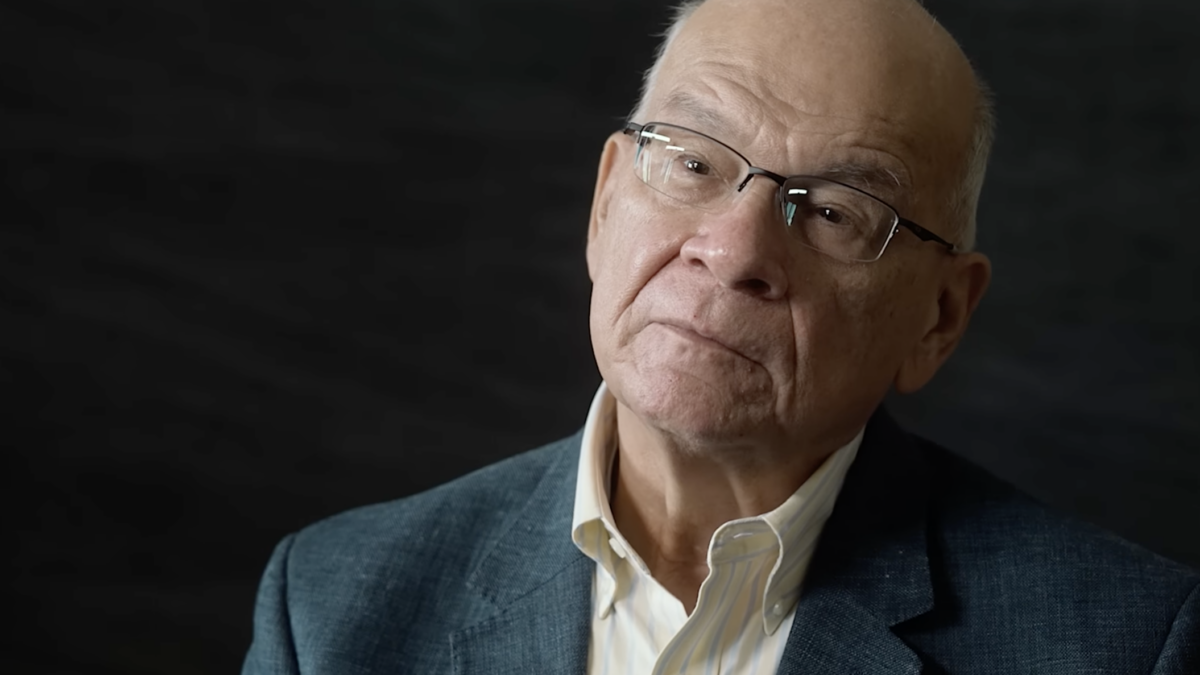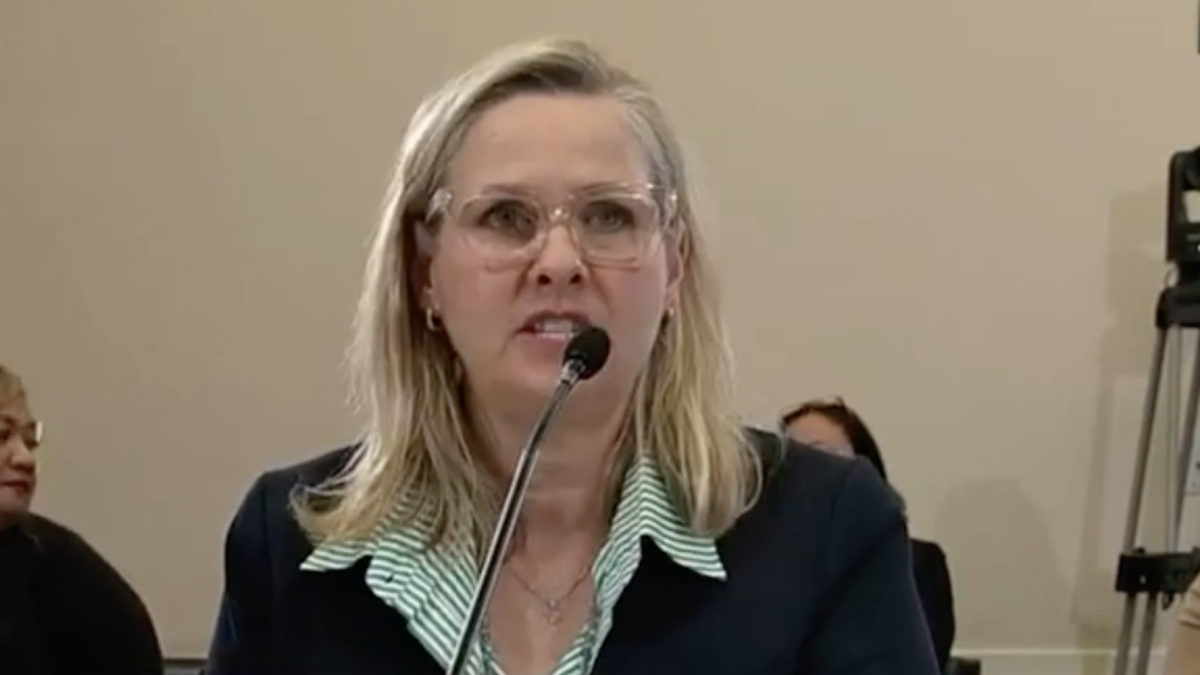October 15 is National Pregnancy and Infant Loss Awareness Day. Miscarriage and infant loss are an all too common part of life, affecting somewhere around 30 percent of pregnancies in America. This means many families in all of our lives are, often silently, missing children they never had a chance to hold, or held for far too little time.
President Reagan designated October itself as National Pregnancy and Infant Loss Awareness Month in 1988, and in 2002 this day was specifically set aside to remember all of the children and families affected by miscarriage, stillbirth, and infant loss. These losses are common, but it can be hard to know what to say or not to say when a friend or family member experiences a miscarriage or infant death.
Let’s Start with the Don’ts
First, here’s what absolutely never to say to a person grieving a baby.
Don’t say “everything happens for a reason.” This injunction should go without saying, but it unfortunately doesn’t. Don’t tell parents, as they grieve their beloved baby, that this was meant to be. That won’t help their heartbreak, and doesn’t actually explain anything.
Don’t say “it was for the best.” For the best of what, exactly? C’mon, this one doesn’t even make sense. Just don’t say it.
Don’t ask if they know why it happened. First-trimester miscarriages are caused by chromosomal anomalies around 70 percent of the time. Over half of infant mortalities (that’s deaths in babies before their first birthday) are from birth defects, preterm deliveries, pregnancy complications, SIDS, and injuries. If a family knows why this happened and wants to share that with you, they’ll do so. If they don’t, it’s probably none of your business, and stop being nosy. Knowing doesn’t bring their baby back.
Don’t ask if they could have prevented it. Really, don’t you think the parents are torturing themselves already with wondering if there was something they could have done or not done to have made this never happen? This is neither helpful nor kind, and don’t do it.
Don’t ask if they’re going to replace their baby. If they’ve had another child, don’t ask if that child is a replacement. Children aren’t interchangeable. They’re unique and special, and one can’t replace another. Some families immediately go on to have another child, and some don’t or aren’t able to. This is intensely personal, and again, no future children replace the one that passed away.
You Can Help, However
If you feel like there’s nothing that you can say or do without offending parents or deepening their hurt, don’t worry. There are concrete, real ways to offer empathy and understanding without exacerbating their pain. When talking to mourning families, here are some things to do.
Treat them with the same respect that you’d give to anyone grieving. The end of a pregnancy, the death of a baby—these losses aren’t less devastating because the person who dies had a short life. The grief can be long-lasting.
Let them know you remember. They haven’t forgotten their baby, and bringing it up won’t suddenly remind them that a family member is missing. Share their loss, even for a moment, and let them know you haven’t forgotten.
Tell them you can listen. The might have mementos of their baby, such as pictures or footprints, or a lock of hair. They might want to share these items, especially if these are the main memories they have, or they might not. They might want to talk about it, or cry, or just know that the option is there.
Pray for them. If they want, pray with them. If they don’t, include them in your private prayers, and pray for their comfort and healing.
If they have other children, offer to help. Maybe that means offering to babysit so they can grieve without scaring their other kids. It could mean dropping off a small gift, or food to reduce pressure on the family. Losing a sibling can be frightening for children, and watching their parents mourn can also be scary and overwhelming for kids.
You can be a supportive friend and loving family member to those grieving babies gone too soon. This October 15, on National Pregnancy and Infant Loss Awareness Day, take a moment to remember all of these babies, all of the mothers, all of the fathers, all of the families.









